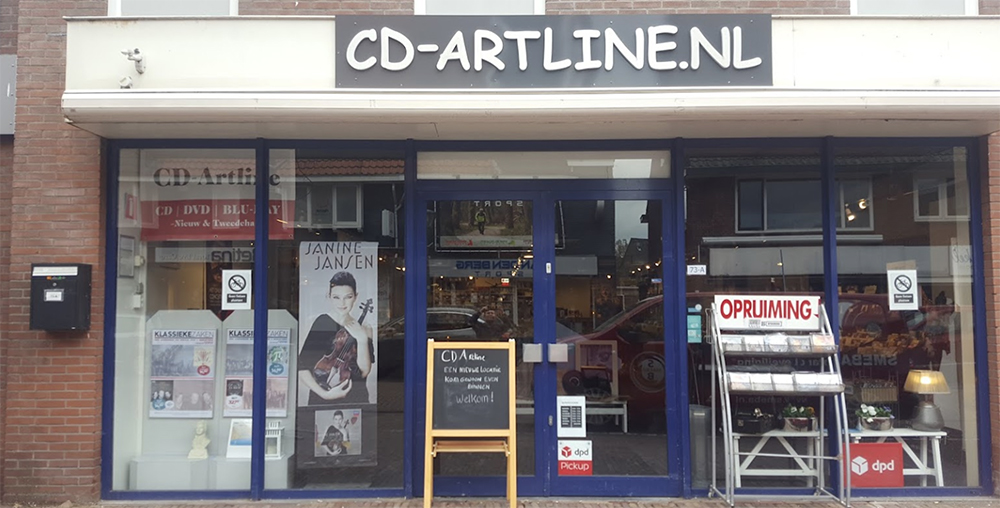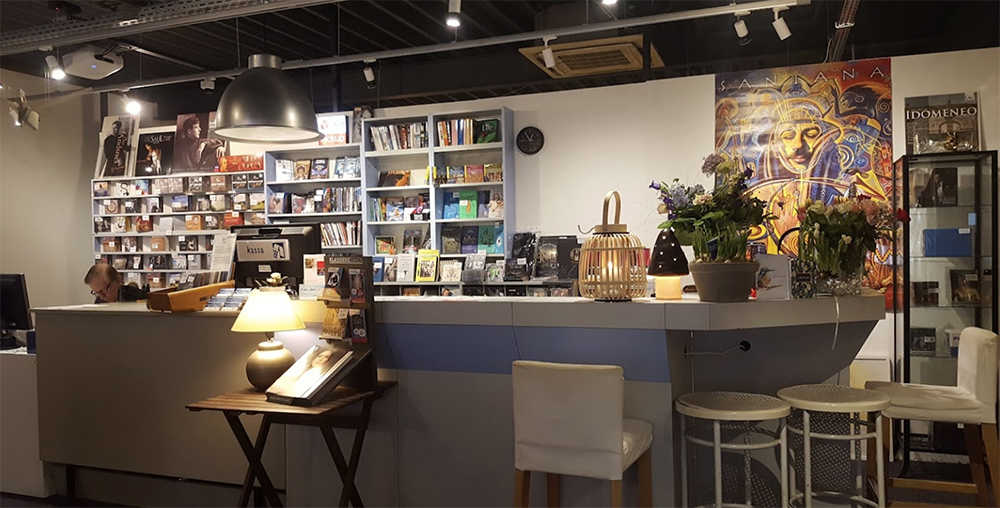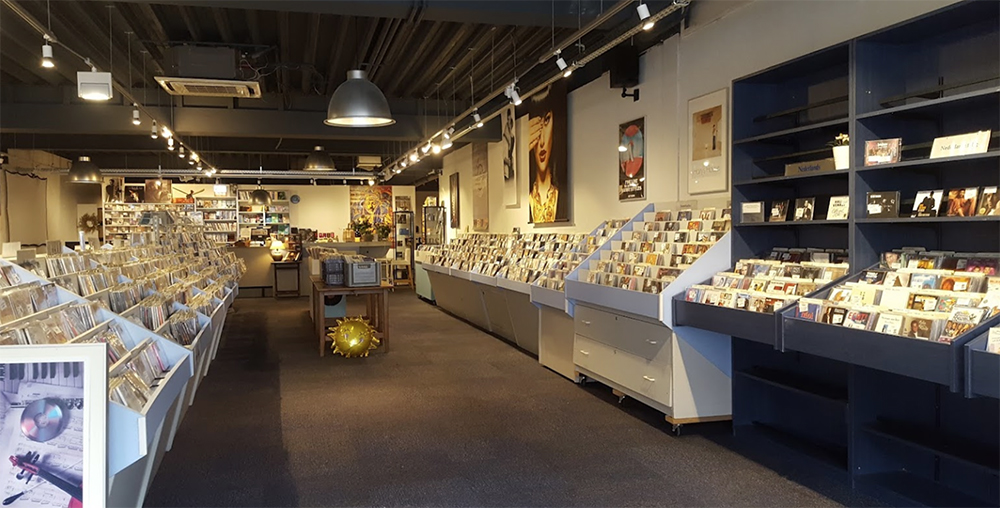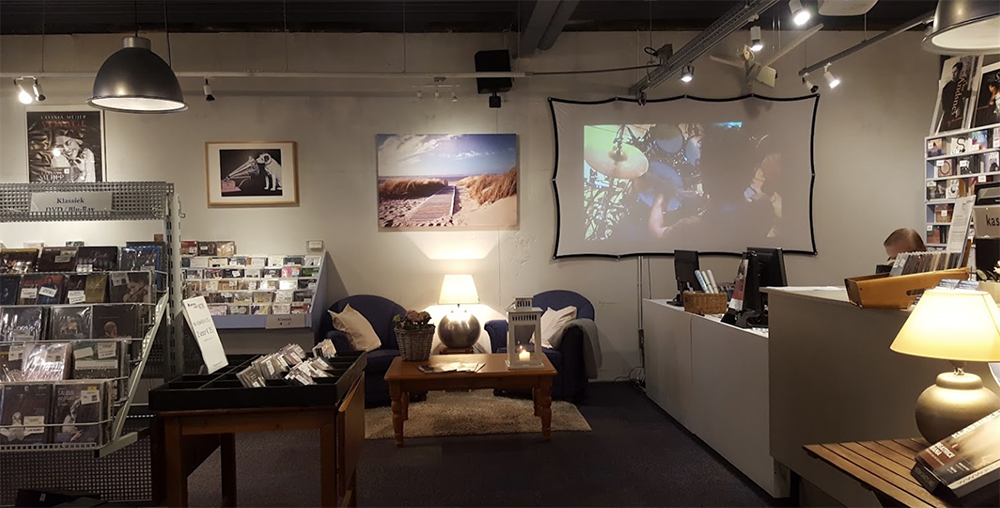Niet gevonden wat u zocht?
U vond niet wat u zocht op deze website?
Neem dan zeker een kijkje op CDenDVD.nl: onze uitgebreidere website biedt meer dan 250.000 bestelbare artikelen aan.
Labels
- 20th century fox (44)
- A-film (81)
- ABC classics (76)
- Accent (49)
- Alpha (432)
- Analekta (50)
- Andromeda (108)
- Arcana (108)
- Archipel (208)
- Arista (32)
- Arte nova classics (32)
- Atlantic recordings (41)
- Avid jazz (43)
- BBI (41)
- BIS (1508)
- BMG (64)
- BR-klassik (119)
- Bridge (96)
- Brilliant classics (394)
- Buenavista (52)
- Capitol records (34)
- Capriccio (38)
- CBS (51)
- Challenge (67)
- Chandos (236)
- Channel classics (194)
- Chateau de Versailles (91)
- CNR (39)
- Columbia (98)
- Columbia tristar (47)
- Columna musica (57)
- CPO (138)
- Decca (201)
- Deutsche grammophon (226)
- DFW (212)
- DHM (50)
- Disky (226)
- ECM (217)
- Eigen beheer (80)
- Eloquence (77)
- EMI (270)
- Entertainment one (55)
- Epic (34)
- Erato (84)
- Etcetera records (276)
- Fleurs de lys (33)
- Fox film (39)
- Fuga libera (42)
- Global Journey (93)
- Glossa (111)
- Golden Options (31)
- Harmonia mundi (254)
- Hat hut records (130)
- Heads up (83)
- Helios (68)
- Hyperion (650)
- Indies (58)
- Island records (48)
- Just entertainment (49)
- Koch (35)
- Linn records (96)
- MDG (98)
- Melodiya (144)
- Membran (41)
- Mercury records (43)
- Milan (57)
- Music & Words (41)
- Naxos (1006)
- Newton classics (58)
- Nubenegra (43)
- Ondine (93)
- Opus arte (45)
- Orange Mountain Music (33)
- Paramount (56)
- Passacaille (40)
- Pentatone (265)
- Philips (107)
- Polydor (81)
- Ramee (34)
- RCA (103)
- RCV (162)
- Ricercar (71)
- Signum classics (59)
- Sony classical (130)
- Sony music (194)
- Sony pictures (74)
- Supraphon (52)
- Tacet (90)
- Telarc (67)
- Teldec (49)
- Universal music (160)
- Universal pictures (136)
- Verso (40)
- Verve (35)
- Virgin (80)
- Warner bros (139)
- Warner classics (50)
- Warner music (119)
Detail artikel


Bezoek onze winkel in Driebergen-Rijsenburg






